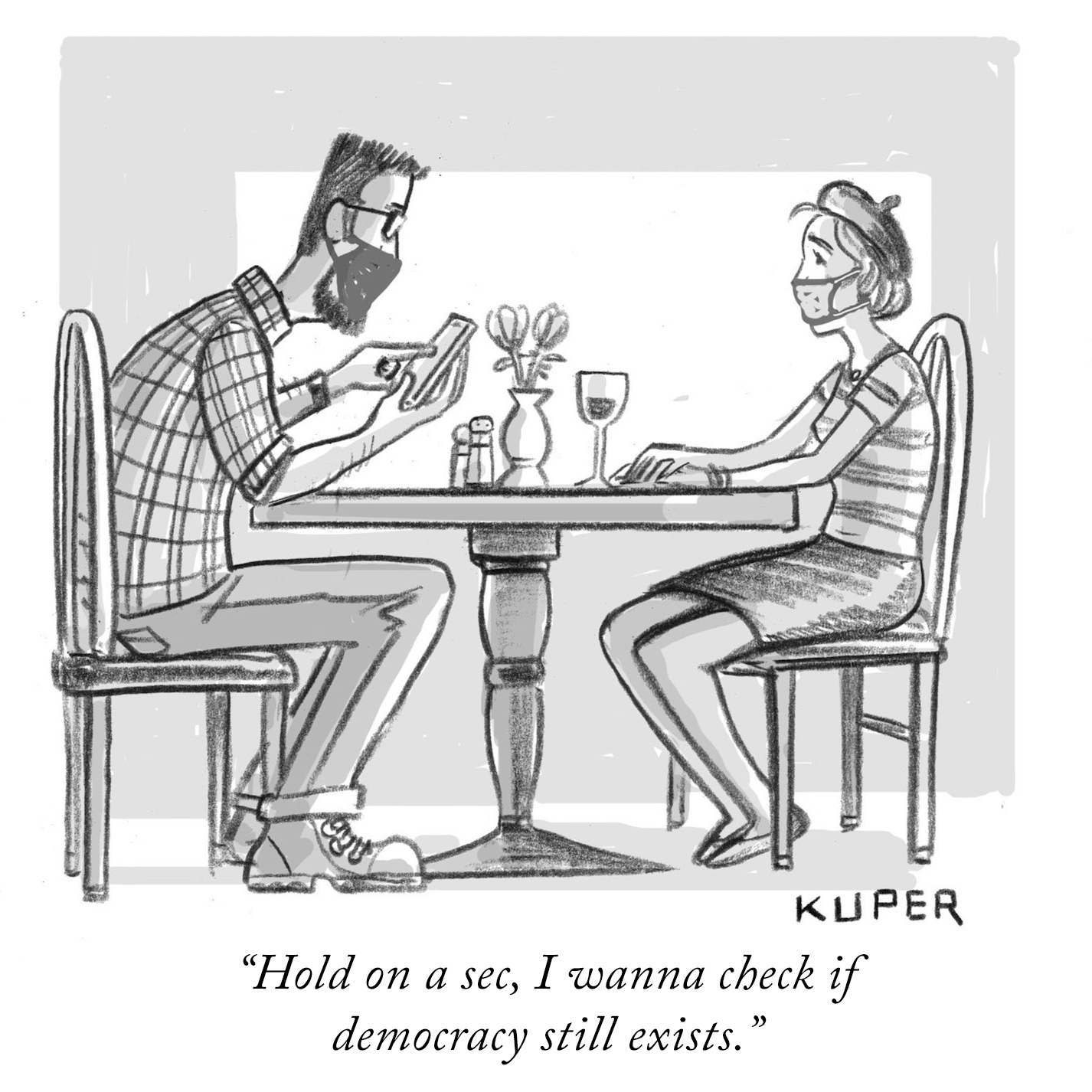Diane Ravitch is the author of Reign of Error, a critically important book about all that’s wrong with the education reform movement.
Ravitch is a wonderfully independent thinker in an era of unprecedented educational groupthink. Her purpose is to convince readers that conventional wisdom about how to improve public schooling is all wrong. She’s especially critical of “corporate reformers”—the George W. Bush administration, the Obama administration, the Gates Foundation, Michelle Rhee and Joel Klein among many, many others—that want to apply free-market business principles to education.
The corporate reformers see student testing as a panacea for not just improved student learning, but better teaching. They insist that we evaluate teachers and principals based upon how their students score on standardized tests. Ravitch explains that K-12 educators want to be held accountable for their students’ learning, but details why emphasizing standardized test scores is so problematic.
There are two overarching purposes of public schooling in the U.S.—to prepare students for democratic citizenship and to prepare students for the world of work. Never mind that it’s nearly impossible to know what the job market will look like in ten years, the corporate reformers emphasize preparation for work almost exclusively. That’s because they’re anxious that our country’s economic lead over other nations is steadily shrinking, and that as a result, our quality of life will gradually decline.
The Reign of Error is essential reading because Ravitch details the importance of citizenship education, and by doing so, restores much needed balance to the rationale for public schooling. In doing so, she explains how the quality of our democracy hinges in part on the quality of young people’s history education, humanities coursework, and critical thinking skills.
Corporate reformers, a distinct majority in education policy debates today, argue that our economic predicament is so dour we have to focus on strengthening our economic competitiveness above all else. In essence, we can’t afford to worry about the health of our democracy.
But what the corporate reformers fail to grasp is that when it comes to global competition, the relative health of our democracy is quite possibly our greatest competitive advantage. Nearly every government in the world is in some form of crisis. In the U.S. money dominates politics and the U.S. Congress is obviously flawed, but everything is relative. Our government is less corrupt and more responsive than most others; our press is freer than most; our judiciary more independent; and our rule of law, more robust.
We shouldn’t frame school improvement as a zero-sum global competition. It’s okay if students in Singapore, Finland, and South Korea are smart. At the same time, competition is so engrained in our national consciousness, if we have to compete, we should take the less obvious path, and strive to create the world’s most vibrant democracy. One that’s increasingly responsive to its citizens. We need to strengthen history education, embrace the humanities, and cultivate critical thinking in public K-12 schools and trust that our economy will be fine.
With apologies to Robert Frost:
Two roads diverged in a yellow wood, one economic and one political,
And sorry we could not travel both
And be one traveler, long we stood
And looked down one as far as we could
To where it bent in the undergrowth
Then took the political path, as just as fair,
And perhaps the better claim,
Because it was grassy and wanted wear.





